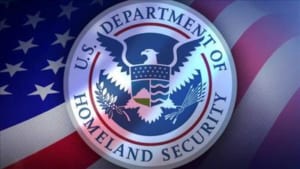 A U.S. Federal Court Judge has ruled that border control officers may not conduct suspicionless searches on arriving passengers’ smartphones and other electronic devices at the Port of Entry. The ruling by U.S. District Court Judge Denise Casper for the District of Massachusetts stated that while U.S. Customs and Border Protection officers who are tasked with inspecting incoming passengers have a “paramount” interest in protecting the border and the privacy interests of personal information that could be searched without cause had to be balanced against it. As a result, Casper held that border control officers must demonstrate “reasonable suspicion” to search smartphones and other electronic devices.
A U.S. Federal Court Judge has ruled that border control officers may not conduct suspicionless searches on arriving passengers’ smartphones and other electronic devices at the Port of Entry. The ruling by U.S. District Court Judge Denise Casper for the District of Massachusetts stated that while U.S. Customs and Border Protection officers who are tasked with inspecting incoming passengers have a “paramount” interest in protecting the border and the privacy interests of personal information that could be searched without cause had to be balanced against it. As a result, Casper held that border control officers must demonstrate “reasonable suspicion” to search smartphones and other electronic devices.
“This requirement reflects both the important privacy interests involved in searching electronic devices and the Defendant governmental interests at the border,” Casper wrote.
Casper declined however to require border control officers to demonstrate probable cause, which is the standard law enforcement officers must show to make an arrest or conduct a warrantless search.
According to the American Civil Liberties Union (ACLU), the number of electronic device searches at the border has risen from 8,500 in 2015 to more than 30,000 in 2018.
For more information, contact us at








